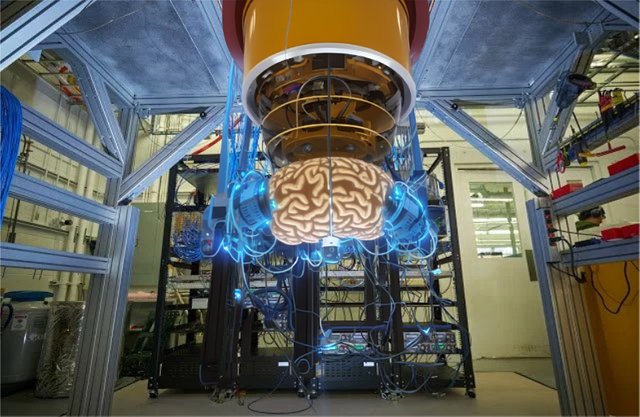Quantum AI: Advancements and Challenges of a Powerful Combination
Quantum Computing: A Promising but Challenging Technology
Quantum computing is a class of computation that uses quantum physics to manipulate information in ways that are impossible or impractical for classical computers. Quantum computers can exploit phenomena such as superposition, entanglement, and interference to perform parallel operations on multiple states of data at once. This gives them a huge advantage over classical computers in terms of speed, efficiency, and accuracy.

How Quantum Computing Can Create Better AI Models
One of the fields that can benefit greatly from quantum computing is artificial intelligence (AI). AI systems rely on large amounts of data and complex algorithms to learn from patterns, reason about problems, and understand natural language. Quantum computers can help AI systems achieve better results by enabling more powerful and efficient machine learning models.
Machine learning is a branch of AI that focuses on creating systems that can learn from data without being explicitly programmed. Quantum computers can enhance machine learning models in several ways. For example, quantum algorithms can be used to speed up linear algebra operations such as matrix multiplication or inversion which are essential for many machine learning tasks.
The Technical Hurdles of Quantum Computing
However, quantum computing also faces many technical hurdles that need to be overcome before it becomes widely available and practical. Some of these technical hurdles are qubit quality, qubit control, error correction, and scalability.
The Future of Quantum Computing
Despite these technical hurdles, quantum computing is still an exciting and promising technology that has the potential to change the world in many ways. Many researchers, engineers, industry leaders, and governments are working hard to overcome these challenges and make quantum computing more accessible and practical.
Some of the current and future applications of quantum computing are:
Cryptography: Quantum computers can offer new possibilities for security issues such as encryption, authentication, privacy, etc.
Chemistry: Quantum computers can help simulate complex molecular systems and chemical reactions that are beyond the reach of classical computers. Also quantum machine learning models can be used to design new materials, drugs, catalysts, etc.
Physics: Quantum computers can help explore fundamental questions in physics such as quantum gravity, dark matter, or high-energy physics. Quantum machine learning models can be used to analyze large amounts of experimental data from telescopes, colliders, etc.
While quantum computing is still in its infancy, it has already shown remarkable results and promises for more in the future. Its development and applications require patience and perseverance from those who are interested in this fascinating but challenging technology.